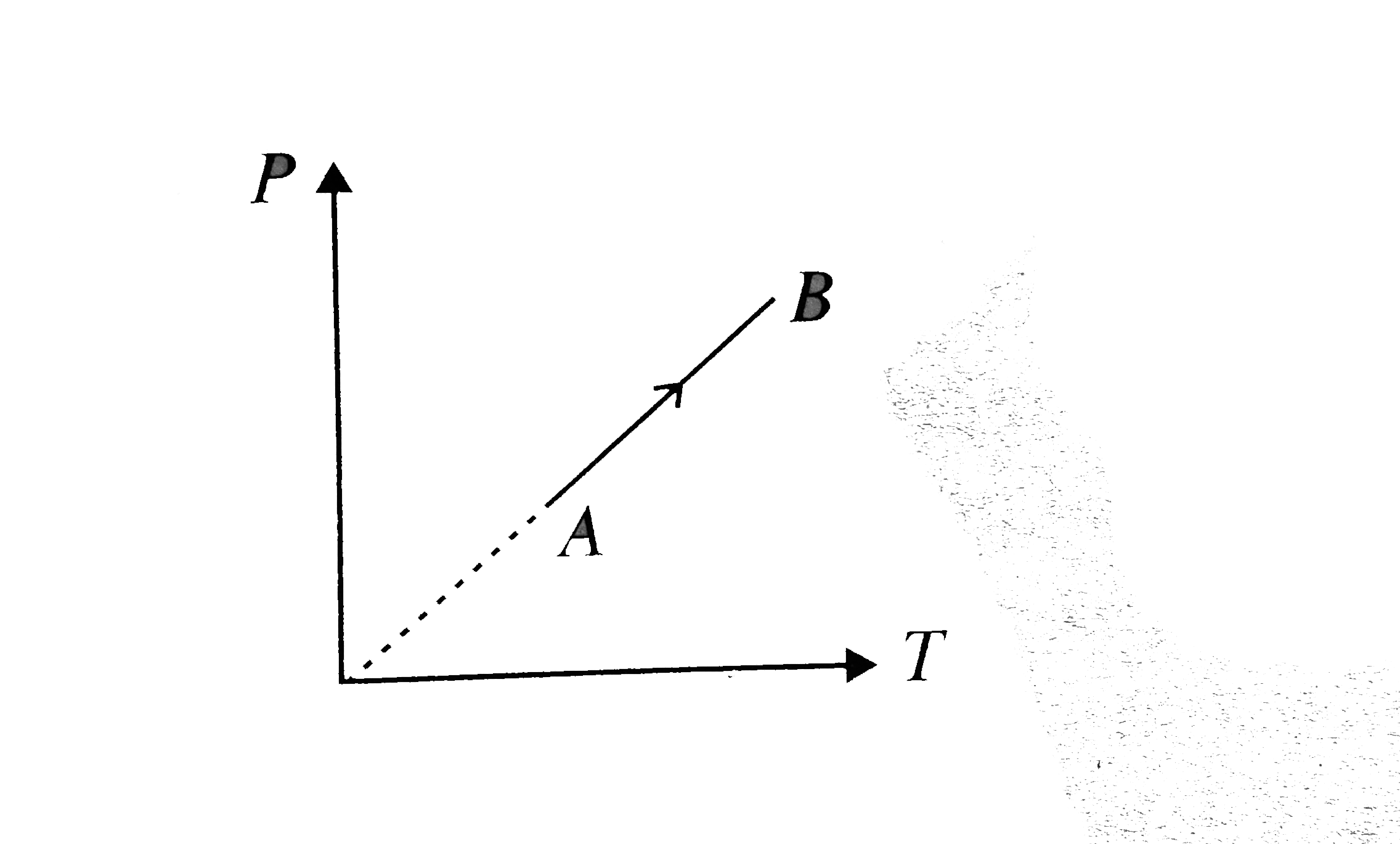During the process of blood coagulation, vitamin K helps in
the formation of thromboplastin
the conversion of fibrinogen to fibrin
the cnversation of prothrombin to thrombin
the formation of prothrombin
The correct Answer is:D
Step-by-Step Solution:
1. Understanding Blood Coagulation: Blood coagulation is the process by which blood changes from a liquid to a gel, forming a blood clot. This process involves various clotting factors that are essential for effective coagulation.
2. Role of Vitamin K: Vitamin K is a fat-soluble vitamin that plays a crucial role in the synthesis of certain proteins required for blood coagulation. It is essential for the production of several clotting factors in the liver.
3. Identifying Clotting Factors: Among the clotting factors, prothrombin (also known as factor II) is one of the key proteins involved in the coagulation cascade. Vitamin K is necessary for the synthesis of prothrombin.
4. Evaluating the Options:
- Option 1: Formation of thromboplastin - Incorrect. Thromboplastin is involved in the coagulation process but is not directly formed by vitamin K.
- Option 2: Conversion of fibrinogen to fibrin - Incorrect. This step occurs later in the coagulation cascade and does not directly involve vitamin K.
- Option 3: Conversion of prothrombin to thrombin - Incorrect. While this is a critical step in coagulation, vitamin K does not facilitate this conversion directly.
- Option 4: Formation of prothrombin - Correct. Vitamin K is essential for the synthesis of prothrombin in the liver.
5. Conclusion: Therefore, during the process of blood coagulation, vitamin K helps in the formation of prothrombin.
Final Answer:
During the process of blood coagulation, vitamin K helps in the formation of prothrombin.
- Option 1: Formation of thromboplastin - Incorrect. Thromboplastin is involved in the coagulation process but is not directly formed by vitamin K.
- Option 2: Conversion of fibrinogen to fibrin - Incorrect. This step occurs later in the coagulation cascade and does not directly involve vitamin K.
- Option 3: Conversion of prothrombin to thrombin - Incorrect. While this is a critical step in coagulation, vitamin K does not facilitate this conversion directly.
- Option 4: Formation of prothrombin - Correct. Vitamin K is essential for the synthesis of prothrombin in the liver.
During the process of blood coagulation, vitamin K helps in the formation of prothrombin.
Topper's Solved these Questions
- BODY FLUIDS AND CIRCULATIONBook:NCERT FINGERTPS ENGLISHChapter:BODY FLUIDS AND CIRCULATIONExercise:HOTS
Explore 5 Videos
- BODY FLUIDS AND CIRCULATIONBook:NCERT FINGERTPS ENGLISHChapter:BODY FLUIDS AND CIRCULATIONExercise:EXEMPLAR
Explore 16 Videos
- BIOMOLECULESBook:NCERT FINGERTPS ENGLISHChapter:BIOMOLECULESExercise:Biomolecules
Explore 137 Videos
- BREATHING AND EXCHANGE OF GASESBook:NCERT FINGERTPS ENGLISHChapter:BREATHING AND EXCHANGE OF GASESExercise:Breathing And Exchange Of Gases
Explore 140 Videos
Similar Questions
Knowledge Check
During the process of mitosis.
Atwo identical nuclei are formedBfour identical nuclei are formedCtwo identical daughter cells are formedDfour identical daughter cells are formedDuring the process of decompositon
ACO2 is consumed and O2 is releasedBO2 is consumed and CO2 is releasedCCO2 is consumed and H2O is releasedDNone of these
During the process AB of an ideal gas

View SolutionExplain the process of blood circulation in the body with the help of a schematic diagram.
View SolutionBlood clotting vitamin is
View SolutionFunction of vitamin K is
View SolutionWhich is unrelated to blood coagulation ?
View SolutionThe process of blood clot formation within the circulatory system is
View Solution

